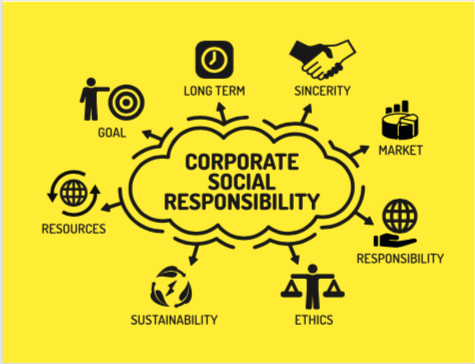Business models and responsibilities have evolved over time. In addition to safety and security, sustainability has become imperative to balancing social, environmental, and economic considerations for long-term success. Corporate Social Responsibility (CSR) is the act of incorporating environmental and social concerns into a company’s business. Here are three CSR programs businesses can implement right now:
Volunteering
Find a cause that aligns with your business values. Employees can give back to their community while also working to solve issues that may be impacting their business. A commitment to the right non-profit partner reflects your company’s values through your relationships and associations.
Ethical Labor Practices
Social responsibility starts with the ethical and fair treatment of employees. This includes creating new hire and review safety training programs to help correct deficiencies. Ensuring the safety and health of your employees is imperative to retaining and attracting a dedicated staff.
Environmental efforts
A primary focus of corporate social responsibility is the environment. Taking steps to reduce your carbon footprint is beneficial for both the company and society. Establish a management and prevention plan with a trusted environmental health and safety company if your company does not have one in place already.
Corporate Social Responsibility programs often lead to improved relationships with the community, customers, employees, and investors. Contact EHS Management to ensure your company is following all of the necessary EHS rules and regulations and improving workplace safety and sustainability.

